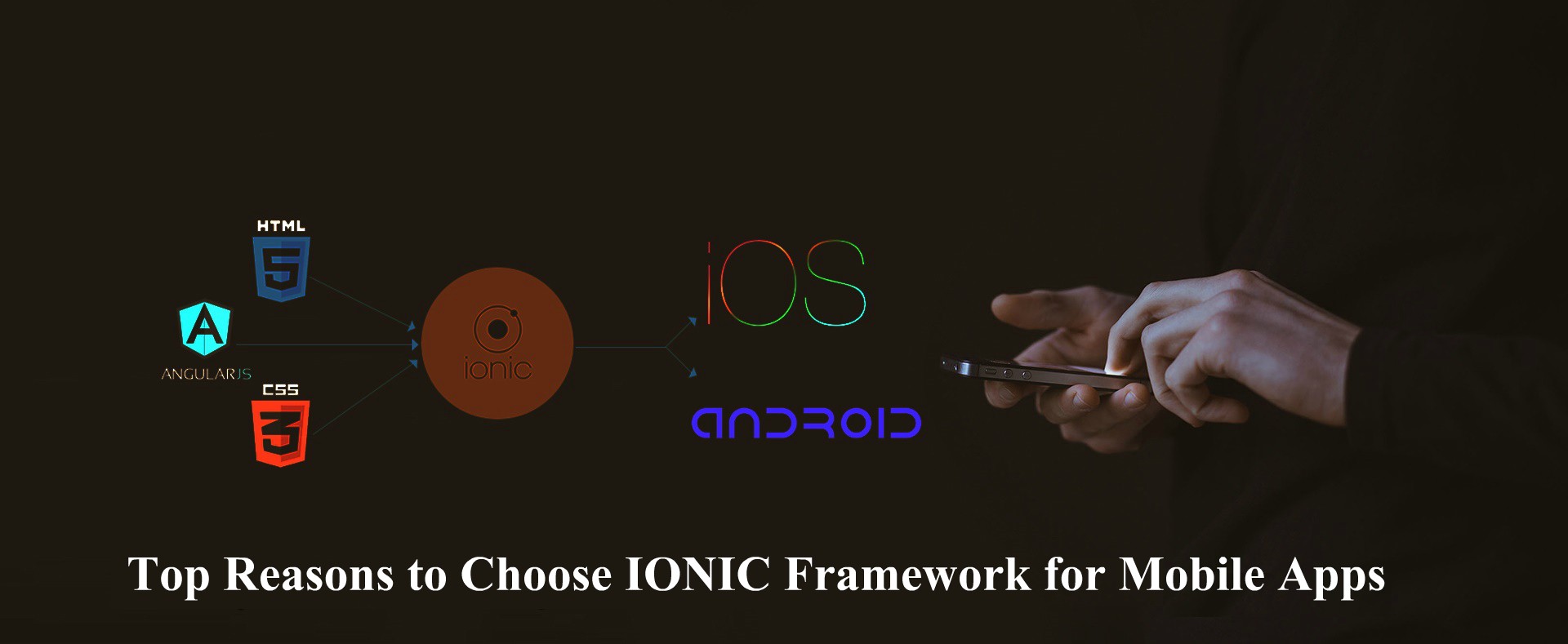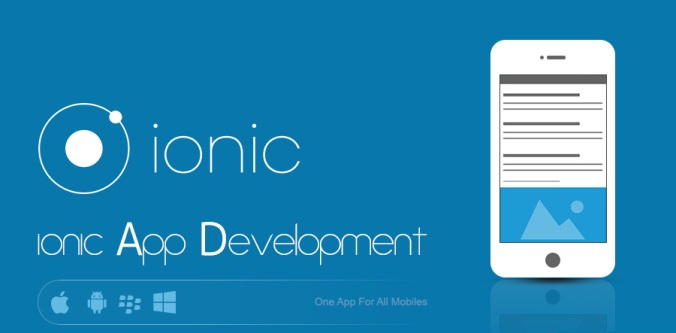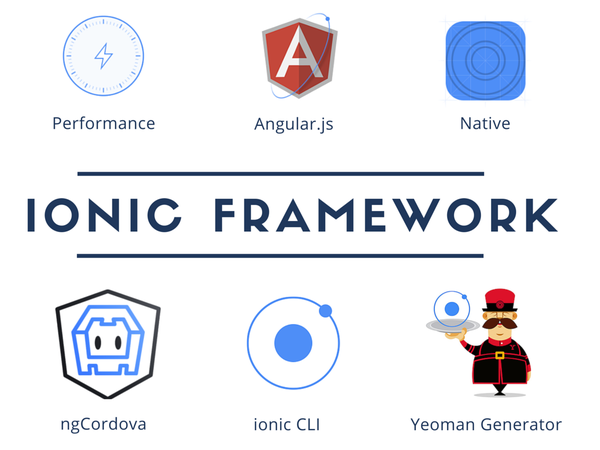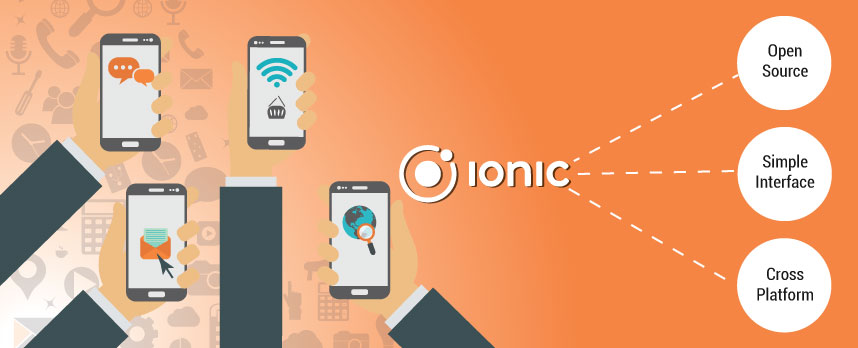by jay patel

In the fragmented landscape of mobile app development frameworks. Where on one side some platforms attract developers because of their native performance gains. On the other side, the HTML-based frameworks have always made developers think twice about even choosing them.
But unlike other cross-platform frameworks, Ionic has been gaining consistent popularity and the framework has become the de facto standard in hybrid app development. Following are some convincing features which will let you choose Ionic for your hybrid app.

The downside of using an open source is usually getting stuck with an unstable framework that’s prone to break. But wait till you see Ionic, it’s pretty stable, faster, and reliable and simulate a native feel efficiently. Let’s accept it; developing an app is a costly affair, right from research to design to development to marketing. Frameworks can actually burn a hole in your pocket; on the contrary, Ionic costs you nothing. Furthermore, learning the framework is easy as designing a mobile web page that is made to run in an app-like shell.
Supports Android, iOS, Windows, Progressive Web Apps, and Browser Platform
Building native apps for both iOS and Android means investing a good amount of time learning two completely different languages. With Ionic, comes the flexibility of building cross platform apps without any problem. It’s easier to build high-end user interfaces with added functionalities and reuse the same code to build apps for different platforms. As the rewriting of code is not required, it saves a lot of time and effort.
Support for Cordova Plugins, Ionic Native Plugins and NPM Modules
Ionic provides more than 100 modules for accessing the Native functionality of Mobile Devices. Native functionality like Camera, Contacts, Phone Features, SMS, Photos, Gallery, Network features, Bluetooth and WiFi are provided with easy to use and consistent APIs/Interfaces.

Are you aware that Plugins are a small piece of code, in JavaScript format, attached to your app enabling it to perform multiple things like a native app. Cordova Plugins do the wonder for Ionic, giving access to different features of the operating system such as battery, pro-location, camera, access to logs and more. These Plugins enhance the overall performance of apps and this only involves adding a few simple codes to your development.
These Modules are being currently provided to support Android, IOS and Windows platforms. And eventually will be enhanced to support Progressive Web Apps in Mobile Browsers and Desktop Web Browsers.
If some functionality is not available in Native modules, and available via NMP modules in open source community, same can be integrated easily by installing NPM modules.
Powerful Ecosystem
Ionic doesn’t come with one compressed file of the framework and make you do the heavy lifting of creating builds, setting up environments and do packaging by installing tons of other libraries and tools. It rather has one of the strongest ecosystems of supporting tools and services.
The Ionic CLI is Node based command line tool with which developers can perform app related tasks like bootstrapping, running, debugging and packaging apps with very simple and easy to remember commands. The Ionic Creator allows to create Ionic apps visually with simple drag and drop functionality. Even sharing your work with your clients and testers has been made easy with the Ionic View app and that too without beta provisioning.
User Interface
Hybrid apps are often criticized for being ugly, but Ionic has changed this. The CSS and JavaScript support gives you higher customization options for buttons, menus, color schemes, etc. It has really high standards of UI elements plus features like Right to Left language support for publishing your apps in multiple languages such as Arabic, Hebrew, and Urdu etc. Moreover, Ionic also supports the depth, motion, and vibrant colors of the material design for a beautiful looking UI.

Mobile app testing is far easier with Ionic. You could test in on a desktop browser or even perform simulator testing for both iOS and Android apps using Cordova commands. You can even do testing with a mobile browser or safari in iOS devices. You can even do a remote debugging. You can even test the app directly as a native or hybrid app on the actual platform to get an actual idea on how the app would run.
Well Built Community Support
There are times when smallest bug can take your whole day, just because the documentation provided isn’t sufficient or there are not enough forums where you can ask for help. It’s not the case with Ionic app development.
Ionic provides a very detailed documentation and easy tutorials to get started. They host a forum as well where developers around the world are ready to help you 24/7.
wrap-up…
Ionic framework has been created to bridge the gap between AngularJS web apps and hybrid mobile apps. It takes advantage of the rich AngularJS and Cordova library for developing highly interactive hybrid applications. Considering all those aforementioned reasons when choosing the framework to build hybrid apps, Ionic therefore has become the default choice of the developers to build their cross-platform mobile apps.
Your email address will not be published. Required fields are marked *